
Dental implants are not for everybody. Patients’ physical attributes and lifestyle may have strong effects on their eligibility for having dental implants.
Dental implants carry the risks of infection, nerve damage, implant failure, and complications related to the surgery.
To avoid these complications, people who are interested in dental implants must consider their bone structure, smoking habits, budget, time management, and a few other factors before they undergo such an operation.
In this article, we will take you through several reasons not to get dental implants and explain how you can decide whether you’re suitable for this procedure.
But first, we want to give you a quick review of what dental implants are to get you warmed up.
What Are Dental Implants?
Dental implants are titanium tooth roots placed in the jawbone to replace damaged natural teeth and support prosthetic teeth, crowns, or bridges. Thanks to their firm structure, they function as a strong and permanent foundation for whatever they’re used for.
There are 4 types of dental implants that are designed for different purposes
Endosteal Implants
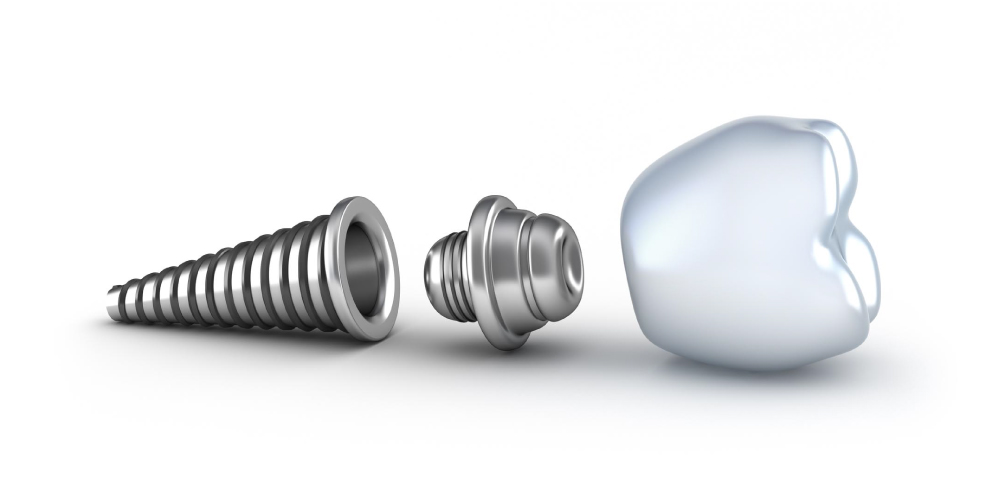
Endosteal implants are the most common type of dental implants. They involve placing metal screws or blades directly into the jawbone. After the jawbone heals and fuses with the implant, these provide a strong base for attaching replacement teeth. Endosteal implants are ideal for people who already have dentures or bridges but want a more permanent solution and have enough healthy jawbone to support the implant
All-on-4 Implants
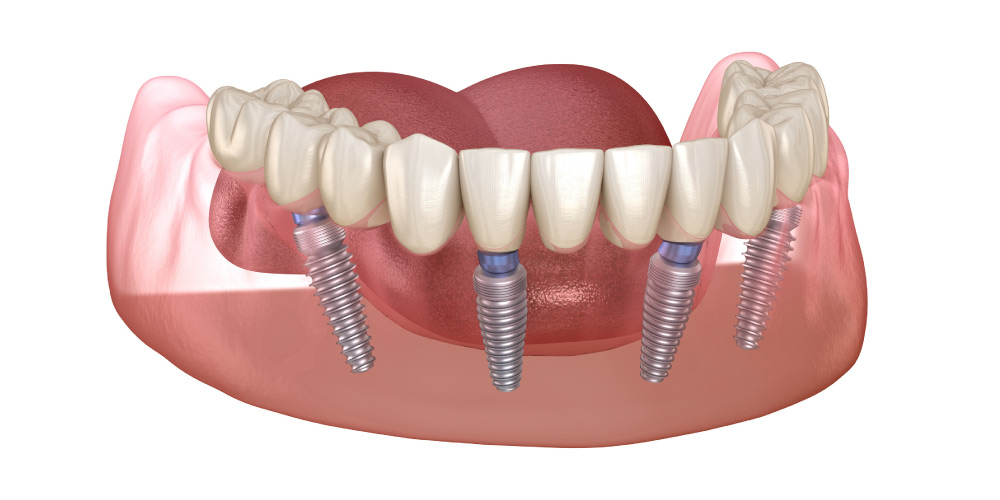
The All-on-4 method is great for people who need a full set of replacement teeth. Instead of placing individual implants for each tooth, dentists use just four implants to support an entire arch of teeth (upper or lower). This method reduces the number of implants needed, lowers costs, and speeds up recovery. It’s perfect for those who want to avoid dentures but may not have enough bone density for multiple implants.
Subperiosteal Implants
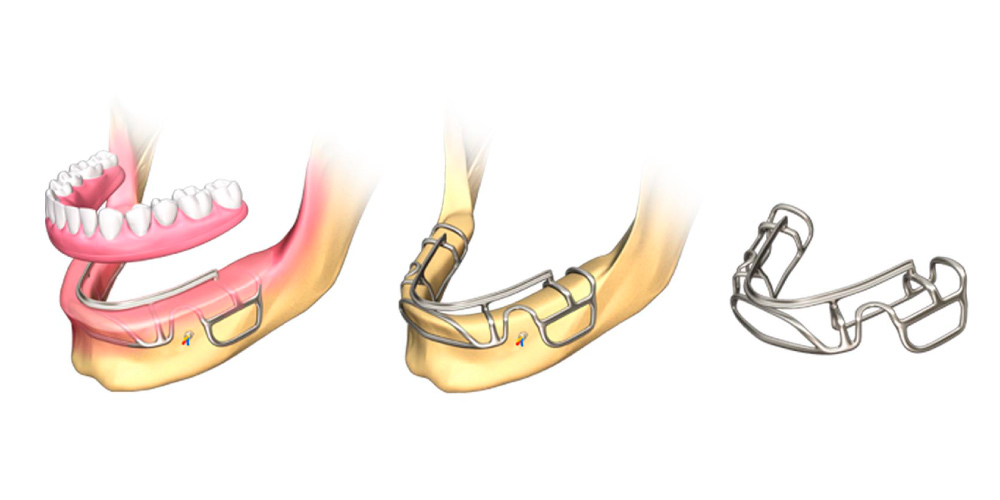
Subperiosteal implants work well for patients who don’t have enough bone in their jaw for traditional implants. These implants are placed on top of the jawbone, but under the gum. A custom metal frame holds the implants, allowing for secure attachment of artificial teeth. It’s a less invasive option, especially for people who can’t undergo bone grafting procedures.
Zygomatic Implants
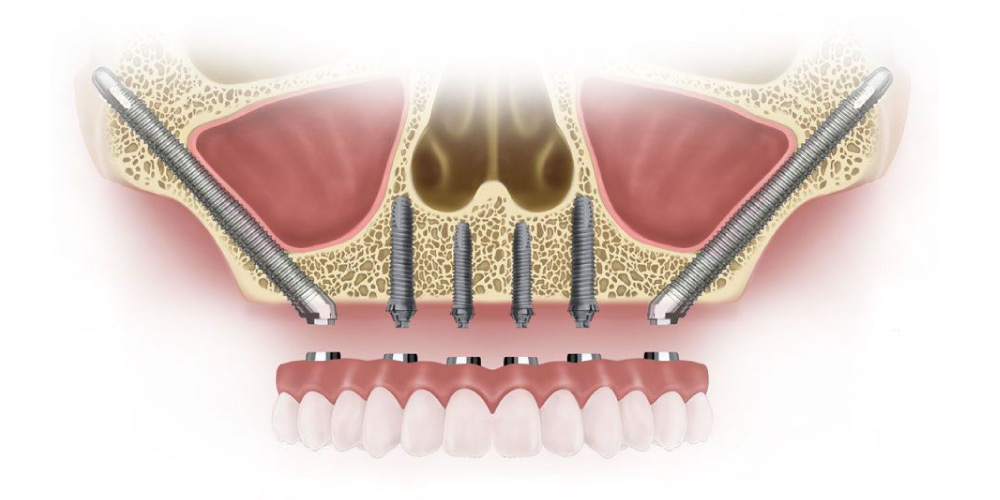
Zygomatic implants are for people with severe bone loss in their upper jaw. Instead of anchoring into the jawbone, these implants are placed in the cheekbone, which is much stronger. This option is more complex, but it allows people with low bone density to get stable, permanent teeth without the need for bone grafts.
These implant options serve to different needs based on your bone structure and the number of teeth you need to replace. A dentist can help you choose the best one for your situation.
Who Should Not Get Dental Implants?
Dental implants pose various risks for people who lack certain criteria the surgery requires. These are mostly physiological challenges. If patients present such challenges, they may need to undergo prior procedures to get them fixed first.
Here are some of these challenging situations
- Insufficient Jawbone Density
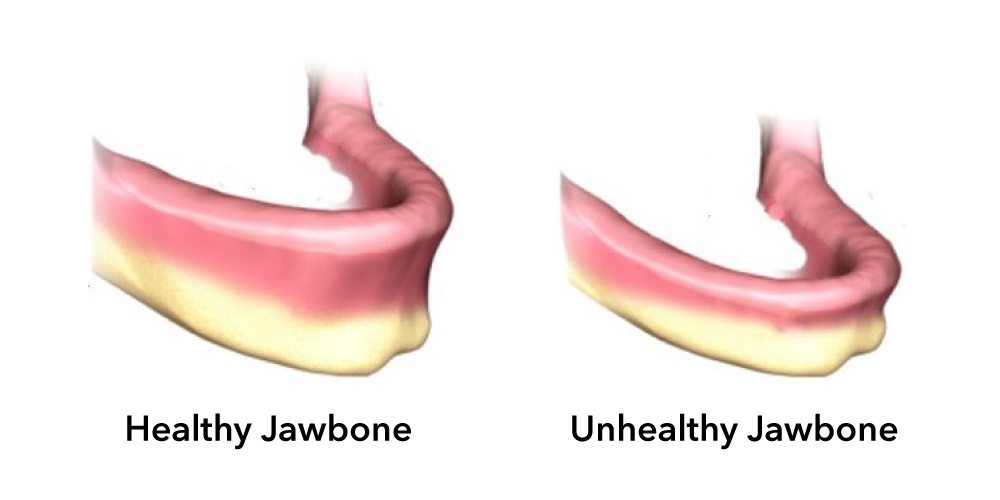
Dental implants are placed in the jawbone as a foundation for the new teeth. The density of the jawbone is the number one factor determining the sturdiness of the implant. If you’re thinking about getting dental implants, you will need to make sure that you have enough bone density, otherwise the procedure may require bone grafting.
- Young Patients
Jawbone growth continues until the age of 18. There is a high chance that getting dental implants during this period may not end up successful because the jawbone is still not stable enough.
- Smoking
Smoking can have a huge impact on the outcome of your operation. It can damage the healing process and open doors to infections. If you’re a smoker, your doctor may advise you to quit smoking or consider other options.
- Gum Disease
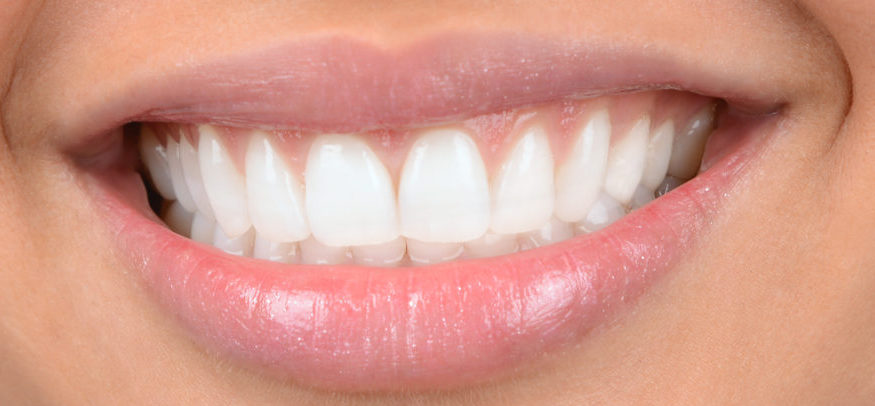
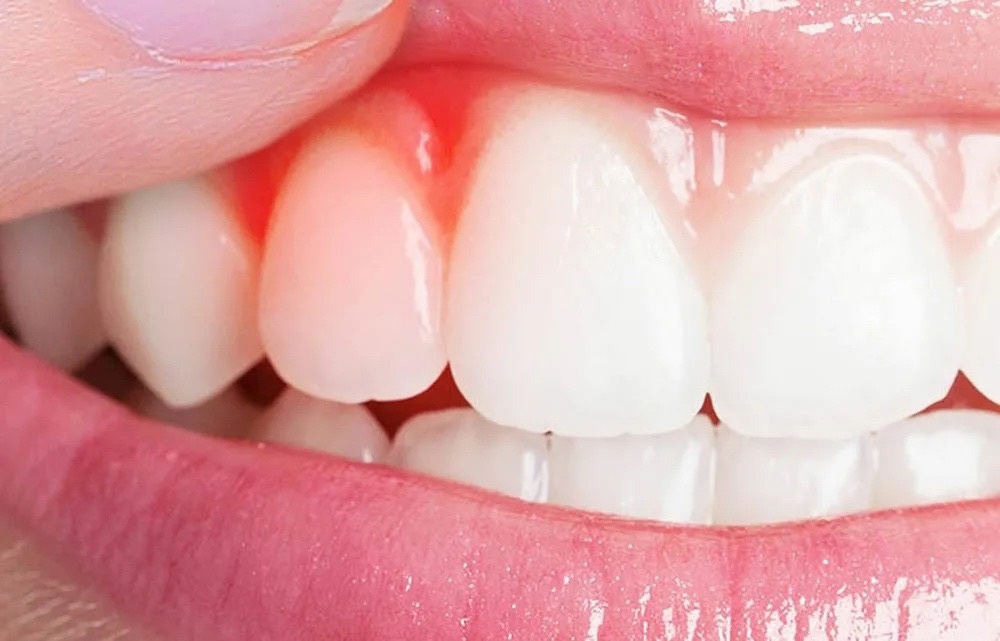
Patients with gum disease are likely to have damaged tissues and bones in their jaws. This can cause complications during and after the operation.
- Health Conditions
Patients who have heart disease, autoimmune diseases, or diabetes may not be suitable for dental implants because their immune system is compromised which hinders the healing process and causes infection.
- Budget

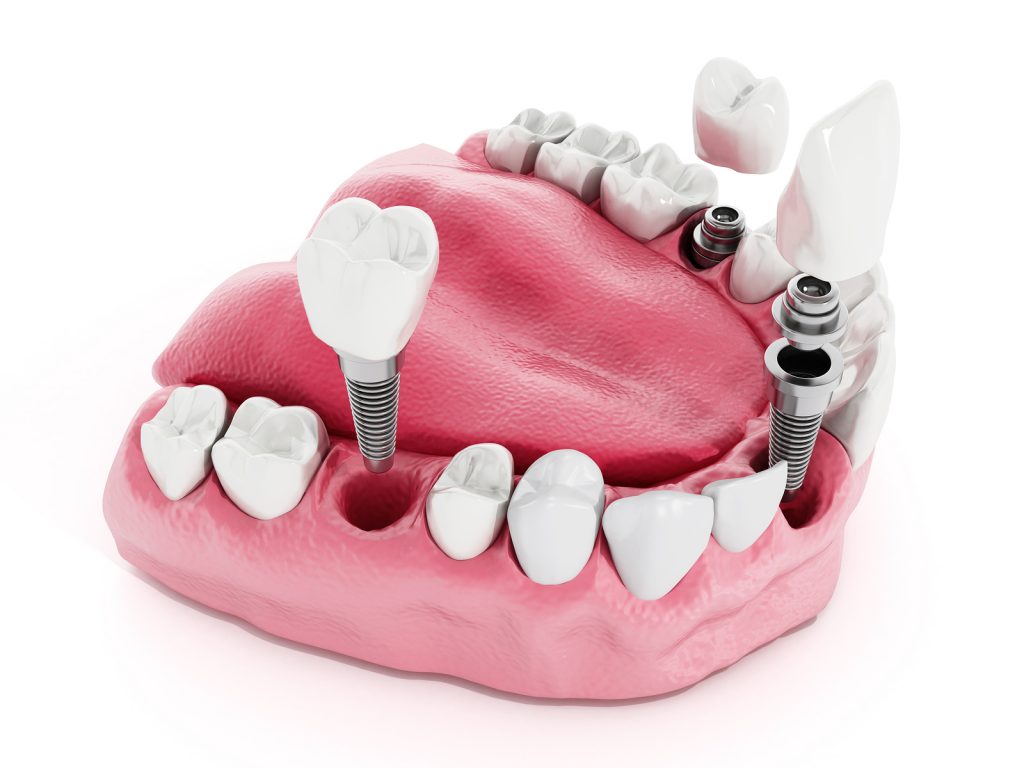
Dental implants are never cheap. Not only is it an expensive procedure, but you may also need to pay extra for additional procedures like bone grafting if needed.
- Time management
Like any other surgical operation, dental implants also take time to complete and heal. This procedure has multiple stages, starting with consultation, which is followed by additional operations according to the patient’s condition, surgery, and finally recovery.
- Taking Certain Medications
Patients who are under prescription for medications that compromise the immune system or bone density are at risk of infections and postponed recovery. These patients should consult their doctors before the surgery.
- Pregnancy
During a dental implant surgery, patients are under local or general anesthesia which puts both the mother and the baby at risk. Also, exposure to X-rays impacts the development of the fetus.
- Lack of Oral Hygiene
Maintaining your mouth clean and healthy is essential after getting dental implants. Lack of oral hygiene can cause infections and implant failure To ensure a successful result, patients should pay extra attention to their oral hygiene.
- Alcohol Consumption
Dental implant patients who are also heavy drinkers may experience infections, delayed recovery, and failure of osseointegration, which is the fusing of the jawbone and the implant.
Who Is A Good Candidate For Dental Implants?
There are a few essential points your doctor will look at before your operation to make sure that you’re a suitable candidate. These are not that far-stretched requirements. Your eligibility for this procedure mostly depends on your oral health, jawbone density, and smoking habits.
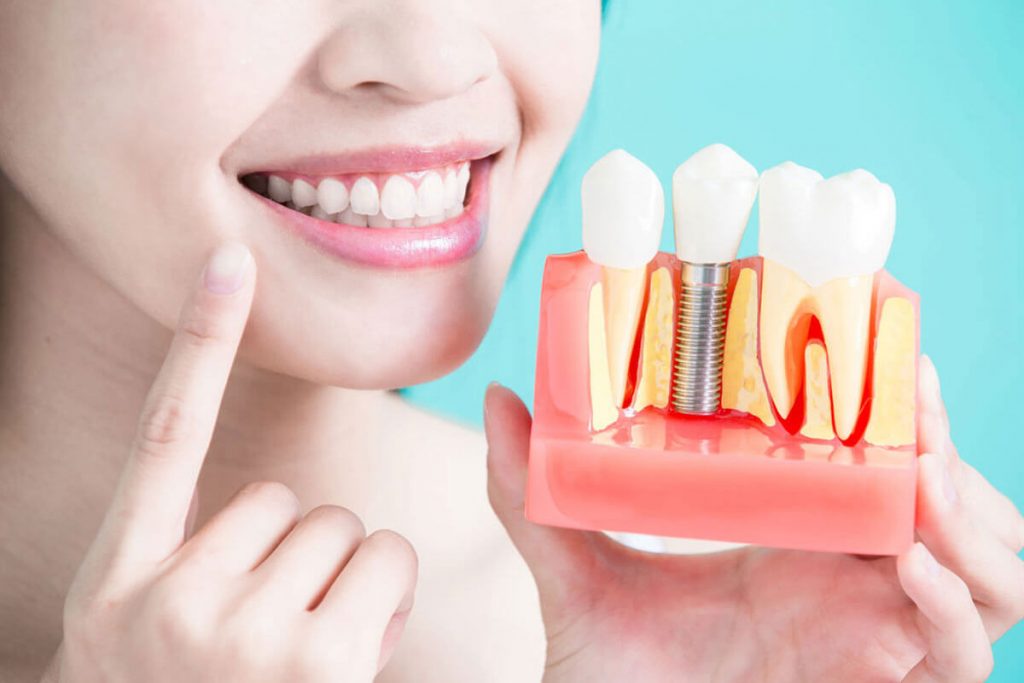
If you’re already taking good care of your teeth, not smoking, and have no gum disease you check out most of the boxes. When it comes to jawbone density, it’s better if you have enough density. If not, do not worry. Because you can get bone grafts before the surgery and everything will be just fine.
Another essential point before your procedure would be your general health. Here, the important thing is that you don’t have any autoimmune diseases or you’re not under prescription for medications that would affect your immune system.
In short, if you’re a healthy adult who has good oral hygiene, you can get your dental implant right now.
What Is The Success Rate of Dental Implants?

Dental implants have a very high success rate which is between %94 and %99. Due to their sturdy structure, dental implants are usually meant to be permanent and stay with you for a long long time. However, the crown part of the implant needs to be changed every 15 years. To get a better idea, you can check out our inspiring dental implant case studies.
Although they’re considered permanent solutions, dental implants still need maintenance and care.
Adequate aftercare is essential for the success of dental implants. Regular dental check-ups, keeping good oral hygiene, and staying away from harmful habits like smoking or excessive alcohol consumption can significantly extend the life of the implant.
Patients must also stick to a healthy diet and eat soft food to avoid putting stress on the implant. With these precautions in place, dental implants offer a long-term, highly effective solution for tooth replacement.
Pros and Cons of Dental Implants
Dental implants can be compared to other solutions to missing teeth. While some aspects of dental implants outweigh those of prosthetic ones, there are still a few points that will make you rethink your decision.
Advantages of Dental Implants
- Permanent Use: Dental implants are designed to function for a long time with proper care.
- Natural Appearance and Function: They’re meant to look, feel, and function like natural teeth, providing a strong bite and natural smile.
- Improved Comfort: Unlike dentures, dental implants are fixed in place, eliminating discomfort or slippage.
- Prevents Bone Loss: They stimulate the jawbone and prevent bone loss after tooth loss.
- No Impact On Neighbouring Teeth: They do not rely on or affect adjacent teeth, unlike bridges.
- Improved Oral Health: Dental implants are easier to clean between teeth, and they do not decay.
Cons of Dental Implants
- Invasive Surgery: This operation involves surgery and a significant healing period, lasting several months.
- Expensive: Dental implants are generally more expensive compared to other options like dentures or bridges.
- Not Suitable for Everyone: Patients with insufficient jawbone, uncontrolled diabetes, or smoking habits may experience implant failure.
- Complications: Dental implants carry risks of infection, implant failure, or nerve/sinus damage during surgery.
- Long Recovery: Osseointegration can take several months, requiring patience and multiple visits.
- Maintenance: A special effort for oral hygiene is required to prevent gum disease, which can affect the implant’s stability.
What Steps Do We Take If You Are Suitable For Dental Implants?
Once your eligibility for a dental implant is cleared, this is the process we will be following:
| Step | Description | Estimated Time |
| Consultation | Initial assessment and discussion of options | 1 day |
| Treatment Plan | Personalized plan created based on your needs | 1-2 days |
| Implant Placement | Surgery to insert implants | 1 day |
| Healing/Osseointegration | Time for the bone to fuse with the implants | 3-6 days |
| Crown or Prosthesis Fitting | Placement of permanent crowns or prosthesis | After healing is complete |
Consultation
Your dental implant procedure in Turkey starts with a consultation, where the dentist assesses your dental health and addresses any concerns or goals you may have. During the consultation, you may want to check out before and after photos of our previous patients to give you a general idea.
Treatment Plan
After the consultation, the dentist creates a personalized treatment plan based on your needs and preferences.
Treatment
Once the plan is approved, the treatment begins. Additional sessions, if needed, are scheduled and organized by MCAN’s patient experience team. Throughout the process, you’ll be transferred by MCAN’s drivers and supported by our experienced patient hosts.
Follow-up Care
After treatment, you’ll receive instructions on how to care for your teeth and maintain your new smile. MCAN Health’s specialists will stay in touch for a year to ensure proper follow-up. You’ll need to return to Istanbul after 3-6 months for your dental crowns or an all-on-four hybrid prosthesis.
Patients worldwide choose MCAN Health for their dental implants due to our commitment to top-quality care, personalized service, and affordable pricing. We understand that deciding on dental implants is significant, so we focus on making the entire process as smooth and comfortable as possible, ensuring a positive experience from beginning to end.
